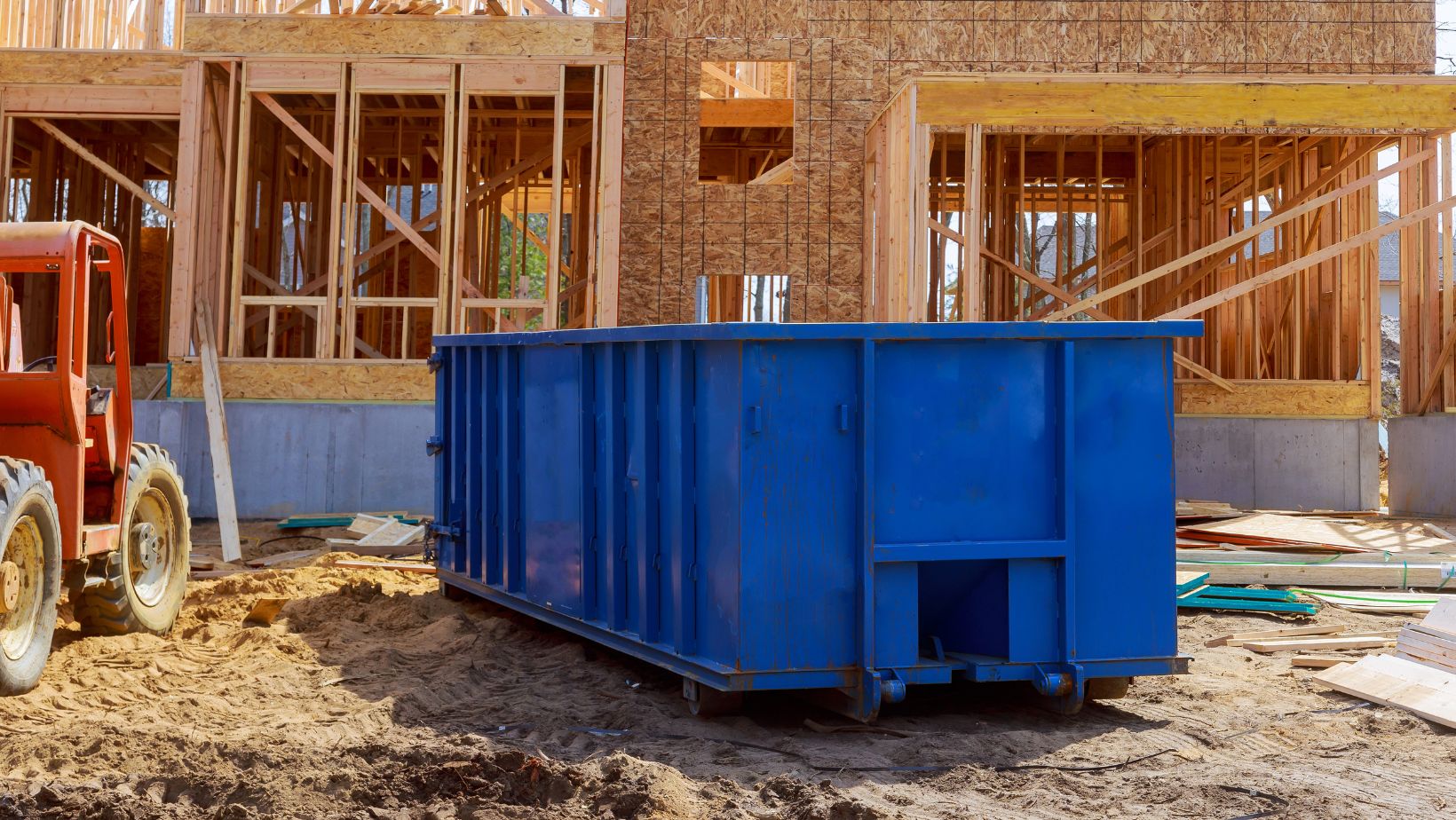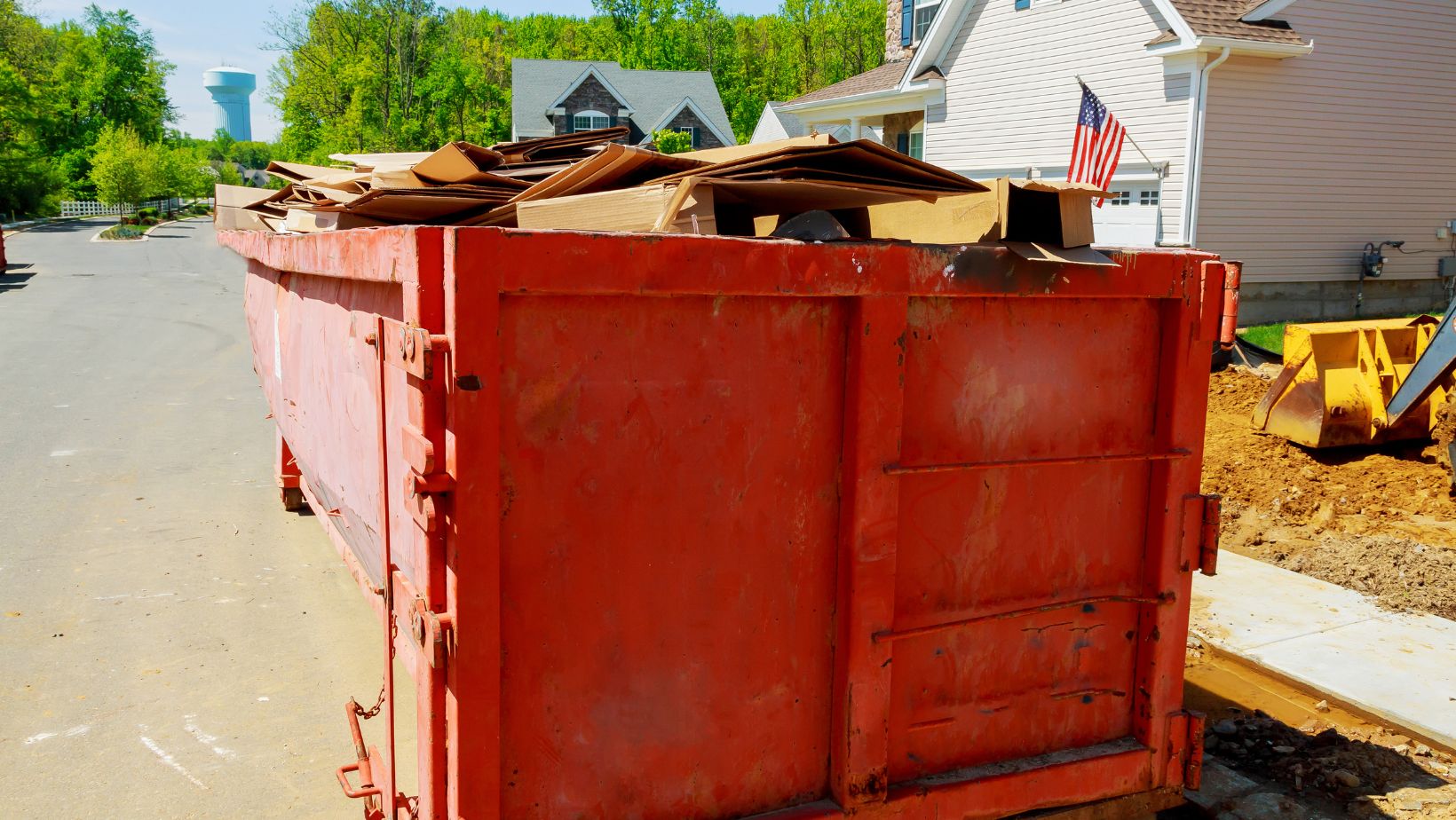
Renting a construction dumpster is crucial for any building project, whether undertaking a minor renovation or a primary construction job. However, many need help with issues due to common mistakes made during the rental process. Understanding and avoiding these mistakes can save you time, money, and unnecessary stress, ensuring your project runs smoothly from start to finish.
One of the first things to consider is ensuring you clearly understand your project’s scope and the type of waste it will generate. This foundational knowledge helps you make informed decisions throughout the dumpster rental process. This article will guide you through the most frequent mistakes people make when renting construction dumpsters and how to avoid them, paving the way for hassle-free residential dumpster rentals.
Choosing the Wrong Size Dumpster
Among the most frequent mistakes one must avoid is selecting the wrong size for a dumpster. It may also be quite tempting to book a smaller dumpster when doing the job to save on cost because the smaller dumpster will require fewer pick-ups, but if it gets filled up too soon, the extra pick-ups will cost you more than you would have spent had you hired a larger dumpster to start with.
On the other hand, if you opt for a dumpster that is larger than you need, you will end up paying for space you are not likely to use. To prevent this, first, it is essential to correctly quantify the quantity of waste that will be produced in your project. Contact your dumpster rental company and discuss all the details with them—they will assist with the size decision based on the project circumstances.
Ignoring Local Regulations
Local ordinances relating to the placement and use of bins may be specific and prescribe or waste disposal. Disregarding these rules can lead to undesirable consequences, such as fines, the prolongation of projects, and others. For instance, some localities will need permits before one can put a dumpster on a public road. Some have contracts indicating certain items that may be thrown into the dumpster.
It’s essential to know the regulations of your area before you rent a dumpster. The rental company should also be aware of the local codes and can sometimes help acquire any necessary permits.
Overfilling the Dumpster
It is unsafe and unlawful to overload your dumpster, so be careful and mindful of the amount you throw away. Dumpsters come with a maximum fill line because transportation may become risky if they overflow. Extension of the dumpsters can cause spillage, or the bin to topple, or even extra costs from the renting firm. It is always important to fill the dumpster till the fill line, and if you think you may require more space than you estimated, try to contact the company and inquire if it is possible to rent a bigger dumpster.
Failing to Account for Delivery and Pick-up
One must arrange for the dumpster to be delivered and picked up. To do this, ensure that the delivery location is well-accessible and has adequate space to accommodate the dumpster and delivery truck. They need to be free from any kinds of barriers, such as low-lying branches, parked vehicles, or narrow approaches to the door of the premises where delivery or pick-up is to be made. Also, ensure you coordinate with the rental company to pick up the tools in good time once you are done with the project to minimize any rental charges.
Failing to Read the Rental Agreement
A legal contract details everything a tenant wants to know about the dumpster and its use, including fees charged, items not allowed in the dumpster, and time allowed. This is because by not reading and understanding the agreement in depth, one is likely to be shocked by other costs and problems that may arise. It may be advisable to take some time to read the contents of the contract thoroughly, and if you doubt any provision, it may be wise to contact the rental company for more information.
Misjudging the Rental Duration
When estimating your project, it can be easy to underestimate the time you will need for the construction project, which can result in paying extra for renting equipment or dealing with other difficulties. As such, it is advisable to consider the period of need for the dumpsters and return them early should the commodities be finished earlier than anticipated. It is even more expensive and time-consuming if the dumpster rental company has many requests for their services or a tight timetable for service delivery. Firmly set feasible objectives while scheduling advanced preparation time in case of time variations in your project.
Conclusion
Hiring a construction dumpster can significantly contribute to the efficient disposal of waste during construction, making it smooth and efficient. However, it is straightforward for basic errors to occur, and this, which was formerly a convenient option, turns into a nightmare and is very expensive.
Selecting the right size of the dumpster, depending on the kind of waste, following the rules of the locality where the dumpster is to be placed, avoiding overloading the dumpster, making an appropriate plan related to delivery and pick up, going through the terms and conditions of the rental agreement, and estimating the required period of rental are some of the ways that can be adopted to avoid unnecessary problems that may arise while renting a dumpster.
Be prepared and know the various aspects of construction that can potentially cost you more money and time. This will not only help you avoid such situations but also make the construction project safer and more efficient.








